Merry Christmas, You’re Fired: Google Replaces Ad Sales Employees with AI
Google’s foray into generative AI has led to significant changes in its advertising division, including replacing humans in ad sales jobs with AI systems.
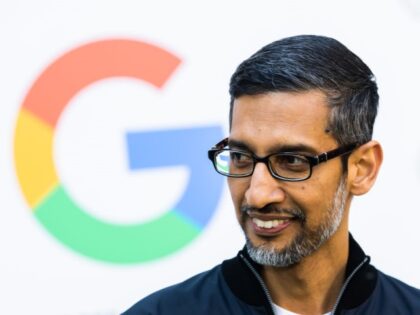
Google’s foray into generative AI has led to significant changes in its advertising division, including replacing humans in ad sales jobs with AI systems.

A significant number of the world’s leading advertisers have withdrawn their ads from X, formerly known as Twitter, following its acquisition by Elon Musk. According to new market data from consulting firm Ebiquity, big brands have not returned to X/Twitter.

According to recent testimony in the landmark antitrust trial against Google, the internet giant strategically altered its ad auction formula in 2017, raising prices by 15 percent and potentially earning billions in extra revenue.
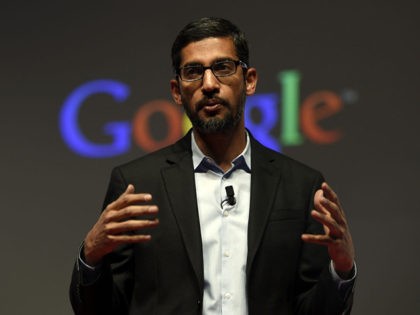
As the ongoing Google antitrust trial continues, the company’s ad auctions are under the microscope as the DOJ alleges that the tech giant manipulates online advertising prices through questionable auction practices such as “tuning.”
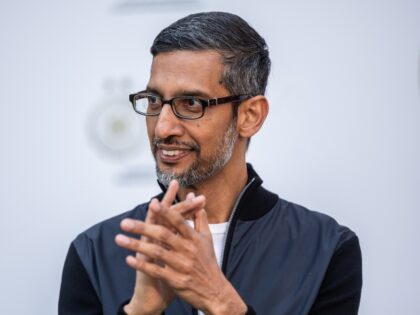
Tech giant Google has reportedly asked a U.S. judge to reject a recent antitrust complaint filed against the company by the Department of Justice.
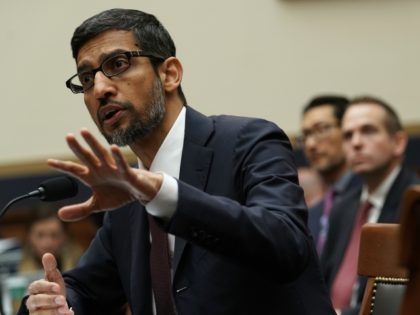
The DOJ claims in a recent lawsuit that Google’s 2007 acquisition of internet advertising giant DoubleClick was the beginning of the company’s alleged ad monopoly. The DoubleClick purchase started a spending spree by the Masters of the Universe that increased its stranglehold on the ads market.
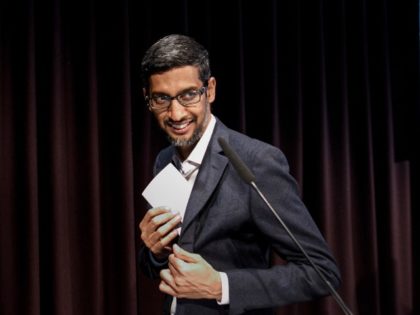
Europe’s largest car manufacturer, which was founded in 1937 by the German Labour Front under the direction of Adolf Hitler’s National Socialist Party, suspended advertising on Twitter this week following Elon Musk’s plans to water down the censorious ‘content moderation’ that has become a hallmark of the microblogging site in recent years.

Apple is reportedly gaining ground in the online advertising space that has been held in a stranglehold duopoly by Facebook and Google as the two ad giants face massive headwinds caused in part by Apple’s iOS ad tracking transparency feature that improves consumer privacy.
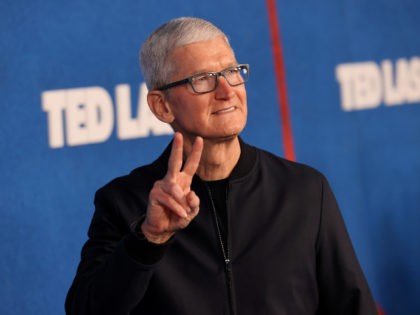
The UK’s Competition and Markets Authority has launched a new probe into Google’s advertising business. According to the competition watchdog, it is investigating “whether Google limited the interoperability of its ad exchange with third-party publisher ad servers and/or contractually tied these services together, making it more difficult for rival ad servers to compete.”

A lawsuit accusing Facebook of purposefully overstating its advertising audience to overinflate ad costs was recently awarded class-action status, allowing the case to include more than 2 million small ad buyers as plaintiffs.

Google rigged auctions for ads on its marketplace to ensure that buyers favored by the company won bids at inflated prices, resulting in more profits for the company, according to findings from a multi-state antitrust lawsuit led by Texas AG Ken Paxton.

Conservative-friendly video hosting platform Rumble is moving a significant portion of its ads revenue to an early-stage version of a new native ads marketplace created by the company. The new marketplace will be rolled out in stages over the course of this year.
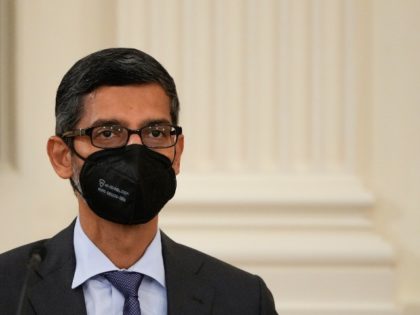
More than 200 newspapers across the U.S. have reportedly joined antitrust lawsuits against Google and Facebook over the past year. The lawsuits claim that Facebook and Google have monopolized the digital ads market, taking revenue that should have gone to local news outlets.
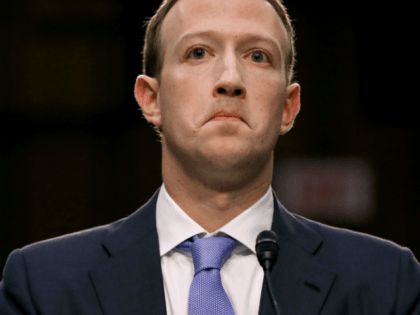
Facebook recently announced an update to how it counts users on its platforms. From now on, Facebook will be counting a single user’s Instagram and Facebook accounts as two separate users, boosting advertising numbers.
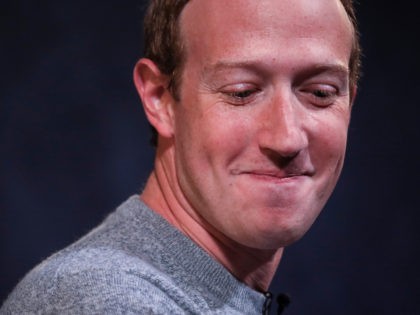
Tech giant Facebook has claimed that Apple’s new privacy terms are likely to cause further issues for the company’s ad business in the third quarter.

Social media giant Facebook has reportedly banned the accounts of a number of NYU academics that were researching ad transparency and misinformation on the platform.

Google, which has a stranglehold on the internet advertising market along with Facebook, reported that its online ad revenue for the second quarter jumped 70 percent to $50.44 billion. Google’s video platform YouTube enjoyed an ad revenue jump of 83 percent last quarter, passing $7 billion.

A recent report on the impact of Apple’s privacy changes for iPhones and iPads appears to show that advertisers are experiencing a 15 to 20 percent drop in revenue. The changes allow consumers to block advertisers from tracking them, a business model criticized as “surveillance-based” advertising.
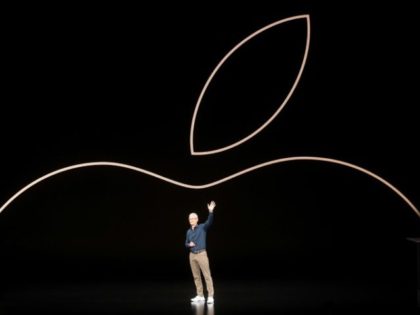
Thiel Foundation president Blake Masters, who recently announced he is contesting the Republican primary for U.S. Senate in Arizona in a bid to oust Democrat Mark Kelly, joined Alex Marlow on Breitbart News Daily this morning. Masters shared his opinion on the Big Tech Masters of the Universe, saying: “Just like the phone company can’t kick you and I off for having a conversation about conservative politics, Twitter probably shouldn’t be able to kick off Trump supporters for supporting Trump or for saying right-wing things.”

A coalition of privacy-focused tech companies including DuckDuckGo, Vivaldi, and the company behind Protonmail have called for a ban on targeted “surveillance-based” advertising.
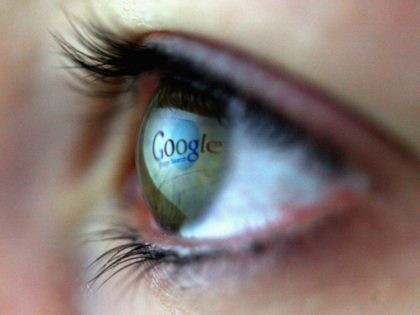
Advertisers have reportedly begun shifting their spending patterns following Apple’s iOS update that requires apps to gain iPhone and iPad users’ permission to track them. Industry data shows that mobile advertising aimed at iPhone users has dropped significantly while advertising aimed at users of Google’s Android OS are climbing.
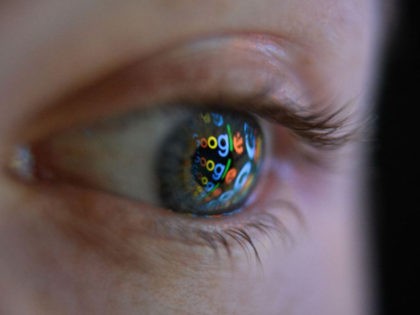
The parent company of the French weekly conservative magazine Valeurs Actuelles has announced it will be taking the far-left activist group Sleeping Giants to court.

The French Competition Authority recently announced that it has fined Google 220 million euros ($267 million) for abusing its market power in the online advertising industry.

E-commerce giant Amazon’s ad revenue is now more than twice as big as Snapchat, Twitter, Roku, and Pinterest combined.
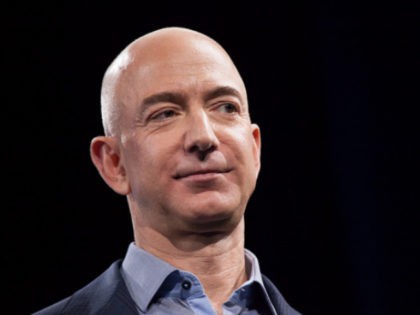
A recent Texas antitrust lawsuit has reportedly revealed that for years, Google operated a secret program called “Project Bernanke” that used data from past bids in the company’s digital advertising exchange to allegedly give its own ad-buying business an advantage over competitors.

The state of Maryland is reportedly set to be the first U.S. state that will impose a tax on the sale of online ads. The tax will impact the Masters of the Universe, primarily Google and Facebook which hold the ad market in a duopoly that Amazon is only beginning to gain a foothold in, but critics claim the tax will be passed on, saying “This tax increase was historically shortsighted, foolish, and harmful to countless small businesses and employees, and Marylanders will remember it that way.”

The New York Times recently outlined the inner workings of a secret deal between Facebook and Google that allowed the companies to jointly dominate the online advertising market.
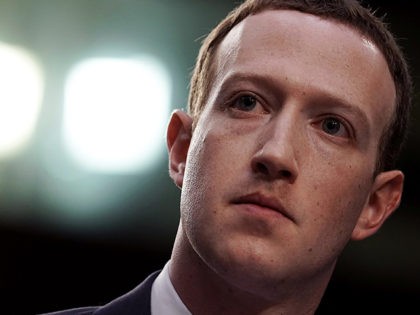
Social media network Twitter disclosed on Monday that after receiving a draft complaint from the FTC, it expects to be fined as much as $250 million for collecting personal information from users for security reasons and then using the data for targeted advertising purposes.

Sen. Josh Hawley (R-MO) and Sen. Ed Markey (D-MA) have proposed a bill which would ban targeted advertising by Big Tech to young children. The goal is an “eraser button” to remove data about children from social media platforms and other Big Tech sites.

Google shut down Toronto mayoral candidate Faith Goldy’s online advertising campaign Saturday, just 48 hours before polls opened.

A recent experiment by Gizmodo appears to show that Facebook users can be targeted through contact information that they never even shared with the website, sometimes referred to as “shadow contact information.”
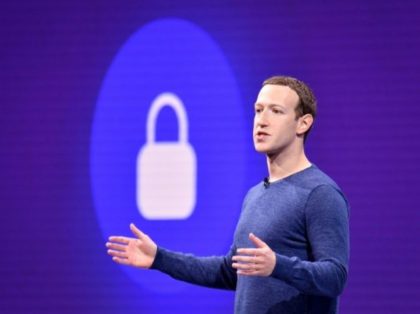
Google, Facebook, and Amazon are the three biggest online advertisement companies in 2018, with Amazon quickly gaining on the other two companies but still representing just 4 percent of the market, according to a report.

Tech giants Facebook and Google have banned advertisements related to Ireland’s upcoming abortion referendum this month.
